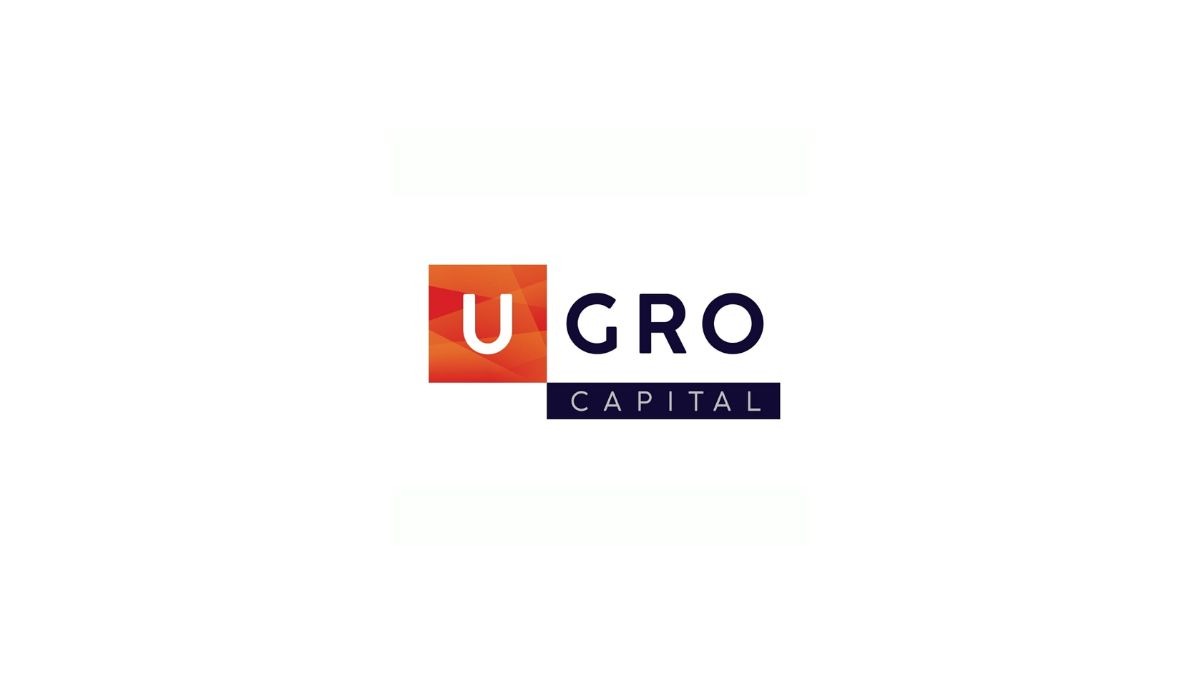Shares of UGRO Capital fell nearly 5% in early trade on January 27, 2025, following the announcement of its Q3 FY25 financial results. The MSME-focused non-banking finance company (NBFC) reported a 15% year-on-year (YoY) increase in net profit, reaching ₹37.5 crore compared to ₹32.5 crore in the same quarter last year.
The company’s net total income, which is the difference between total income and interest expenses, rose 34% YoY to ₹218 crore from ₹163 crore in the year-ago period. However, rising expenses impacted the overall profitability. Employee costs increased 33% YoY to ₹65 crore, and other expenses surged 55% YoY to ₹59 crore. Credit costs also rose 39% YoY to ₹41 crore from ₹30 crore.
UGRO Capital’s assets under management (AUM) saw a 32% YoY increase, reaching ₹11,067 crore, compared to ₹8,364 crore in the previous year. Net disbursements during the quarter increased 35% YoY to ₹2,098 crore. According to the expected credit loss matrix, 93.5% of UGRO’s AUM is in stage 1 (performing loans), 4.4% in stage 2 (underperforming loans), and 2.1% in stage 3 (credit-impaired loans).
Commenting on the results, Shachindra Nath, Founder and Managing Director of UGRO Capital, stated, “We aim to scale our micro-enterprise portfolio to 35% of AUM by March 2026, driving yield expansion and fostering financial inclusion.”
UGRO Capital’s stock performance reflected the market’s reaction to the results. The stock closed at ₹209.73 previously and traded within a day range of ₹198.00 to ₹218.50 during the session. The 52-week range for the stock stands between ₹198.00 and ₹317.00, with a market capitalization of ₹18.57 billion. Despite the positive growth in profit and AUM, the rising expenses and credit costs appear to have influenced investor sentiment, leading to a decline in the share price. The company’s plans to expand its micro-enterprise portfolio highlight its strategic focus on growth and financial inclusion.
Disclaimer: The information provided is for informational purposes only and should not be considered financial or investment advice. Stock market investments are subject to market risks. Always conduct your own research or consult a financial advisor before making investment decisions.


